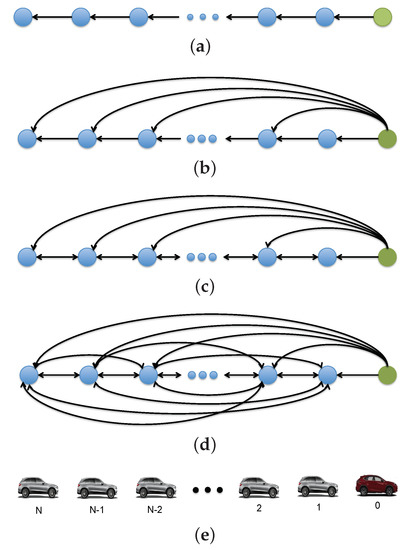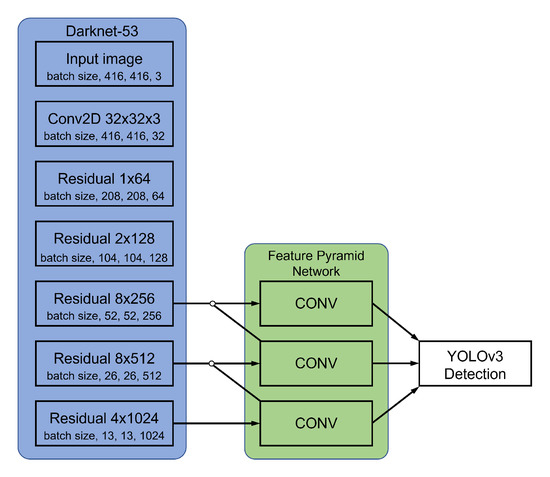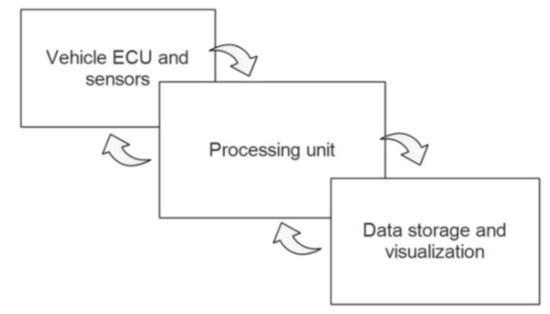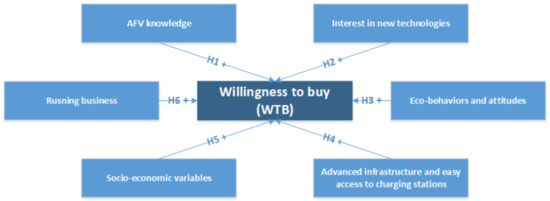Women in Electric Vehicles
A topical collection in Energies (ISSN 1996-1073). This collection belongs to the section "E: Electric Vehicles".
Viewed by 20192Editor
Interests: autonomous driving, autonomus connected vehicles, electric vehicles, automobiles; mobile robots; multi-agent systems, cyber-physical modelling and control; nonlinear control; delayed systems
Topical Collection Information
The Special Issue "Women in Electric Vehicles" aims to illustrate the impact of women on solving the major challenges in and for the transportation industry. The role of women in transportation electrification is rapidly enlarging and the growing profile of eminent female women scientists has already led to a research field in which younger scientists embrace gender equality, and foster an environment where wider diversity is valued.
In order to further promote gender equality and to celebrate the achievements of women in the field of electric vehicles, the Special Issue addresses some of the most challenging issues related to the realization of future transportation electrification. Here, the growing trends mainly cover the following industry sectors: road vehicles (plug-in hybrids, battery-only, and fuel-cell electric vehicles), power supply (power electronics converters/chargers, advanced power supplies, plugged charging, wireless charging infrastructures, etc.), mass utility ground vehicles (electric trains, trams, transit buses), electric ships, electric aircrafts, and drones. In this scenario, there is also a strong need to analyze how automation and connectivity increase the predictability and therefore the autonomy and the expected energy savings of the electric vehicles (connected with each other and/or with infrastructures and the cloud) during real-world operation.
This planned Special Issue is therefore focused on the contributions of women in and to the electric vehicle sector and will include high-quality research papers and comprehensive review articles in the area. Contributions from research groups led by women or in which women are the corresponding authors of the manuscripts are strongly encouraged.
Prof. Dr. Stefania Santini
Guest Editor
Manuscript Submission Information
Manuscripts should be submitted online at www.mdpi.com by registering and logging in to this website. Once you are registered, click here to go to the submission form. Manuscripts can be submitted until the deadline. All submissions that pass pre-check are peer-reviewed. Accepted papers will be published continuously in the journal (as soon as accepted) and will be listed together on the collection website. Research articles, review articles as well as short communications are invited. For planned papers, a title and short abstract (about 100 words) can be sent to the Editorial Office for announcement on this website.
Submitted manuscripts should not have been published previously, nor be under consideration for publication elsewhere (except conference proceedings papers). All manuscripts are thoroughly refereed through a single-blind peer-review process. A guide for authors and other relevant information for submission of manuscripts is available on the Instructions for Authors page. Energies is an international peer-reviewed open access semimonthly journal published by MDPI.
Please visit the Instructions for Authors page before submitting a manuscript. The Article Processing Charge (APC) for publication in this open access journal is 2600 CHF (Swiss Francs). Submitted papers should be well formatted and use good English. Authors may use MDPI's English editing service prior to publication or during author revisions.
Keywords
- Hybrid Vehicles, Electrical Vehicles, Fuel Cell Vehicles
- Batteries, super capacitors, flywheels systems embedded in hybrid and electrical vehicles
- Power converters designed and embedded in more electrified vehicles
- Improved electric and hybrid powertrains
- Charge of electric vehicles with electricity from renewable sources
- Automotive, railway, subway, ships, aeronautic, aerospace, and robotic applications
- Vehicle control, fault-tolerant operations, energy management strategies
- Vehicle Connectivity (V2X and I2V) and automation
- Automated driving and energy consumption
- Cooperative ITS solutions for electric vehicles
- ADAS (Advanced Driver Assistance Systems) development, testing, and validation
- Platoon and fleets management
- Electric vehicular networks from a cyber-physical perspective










